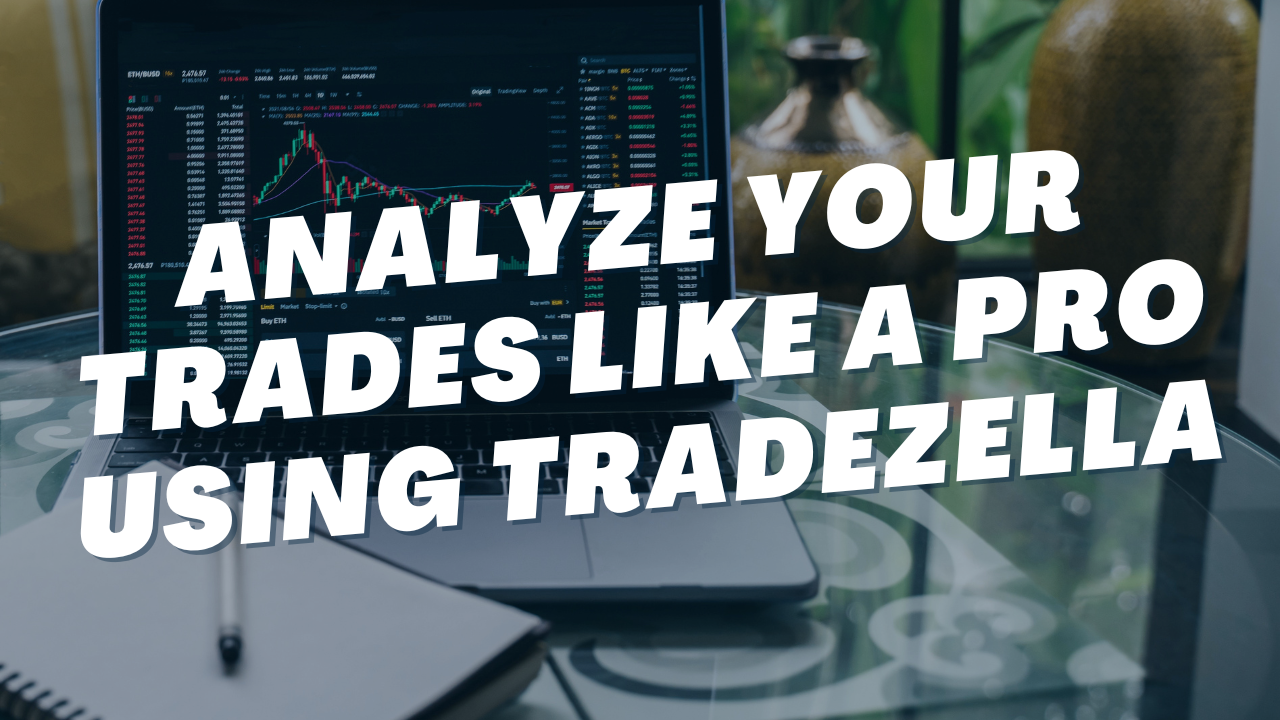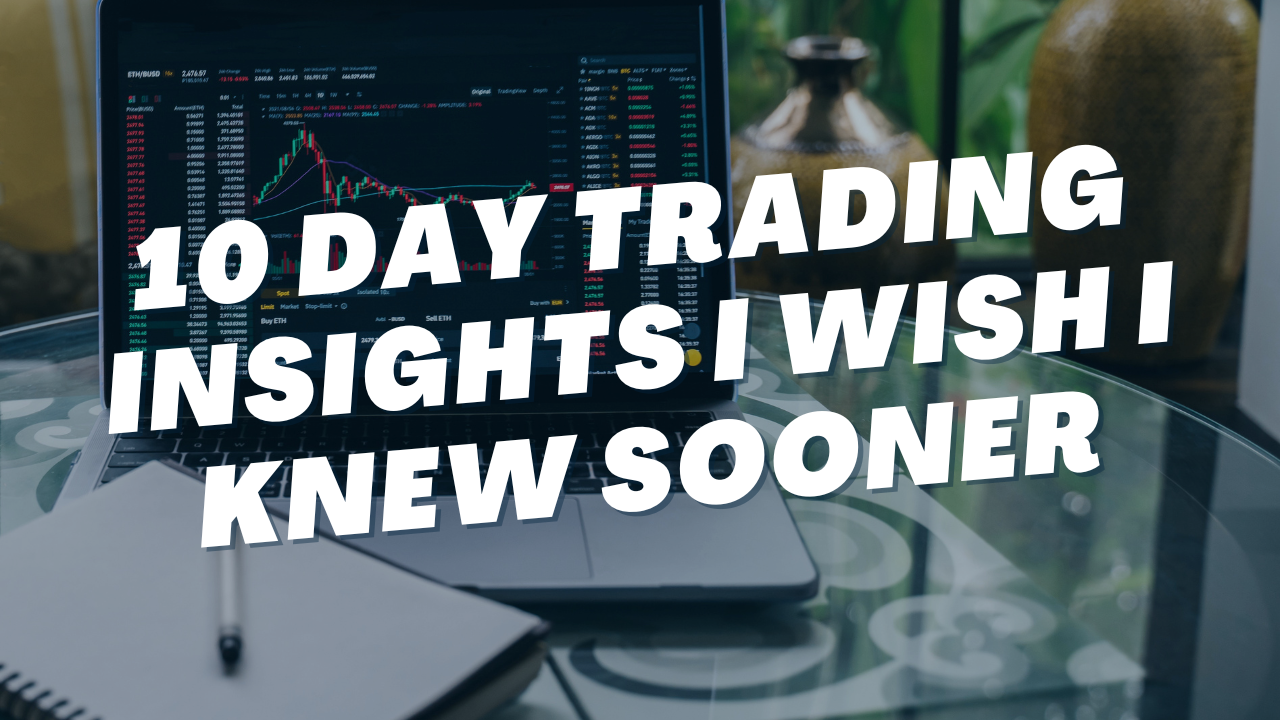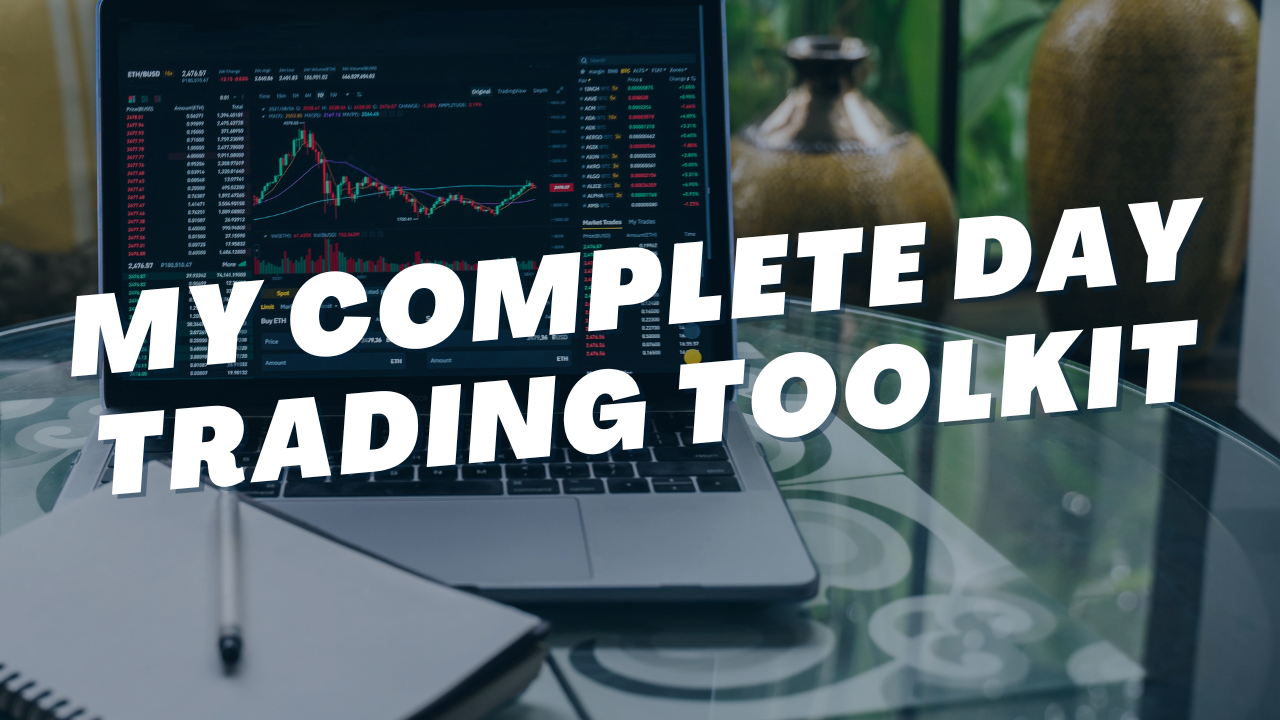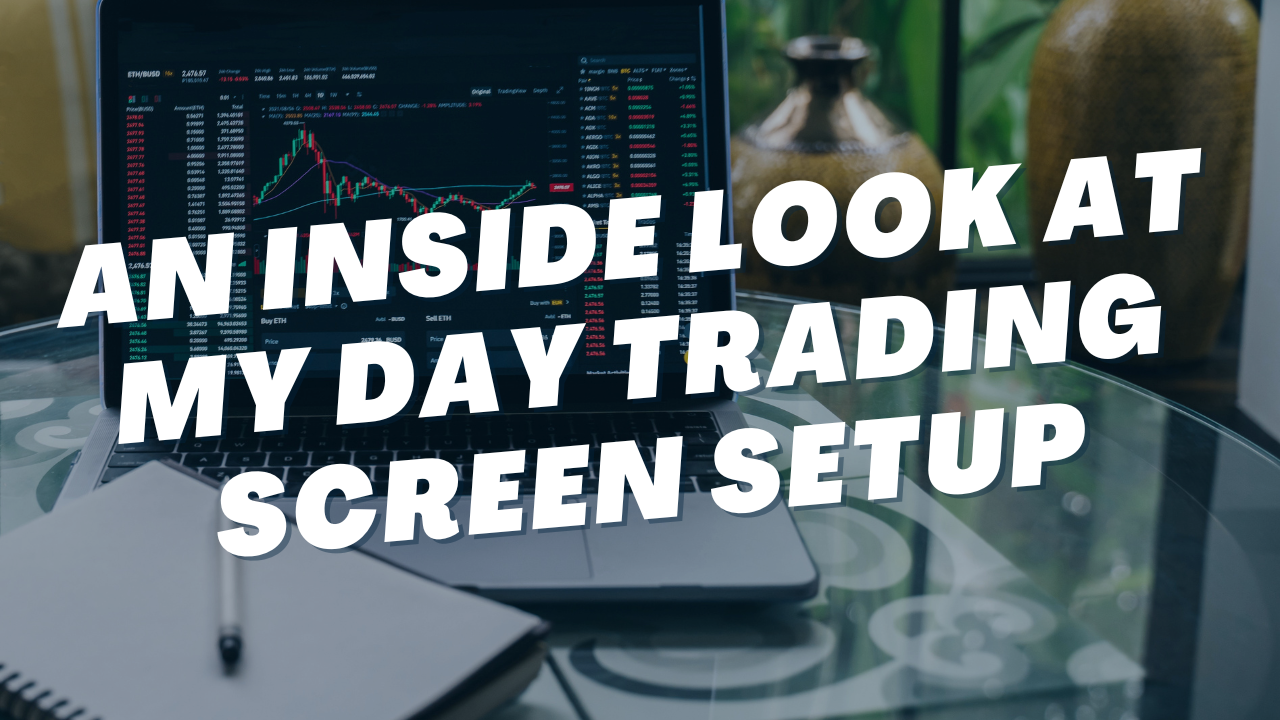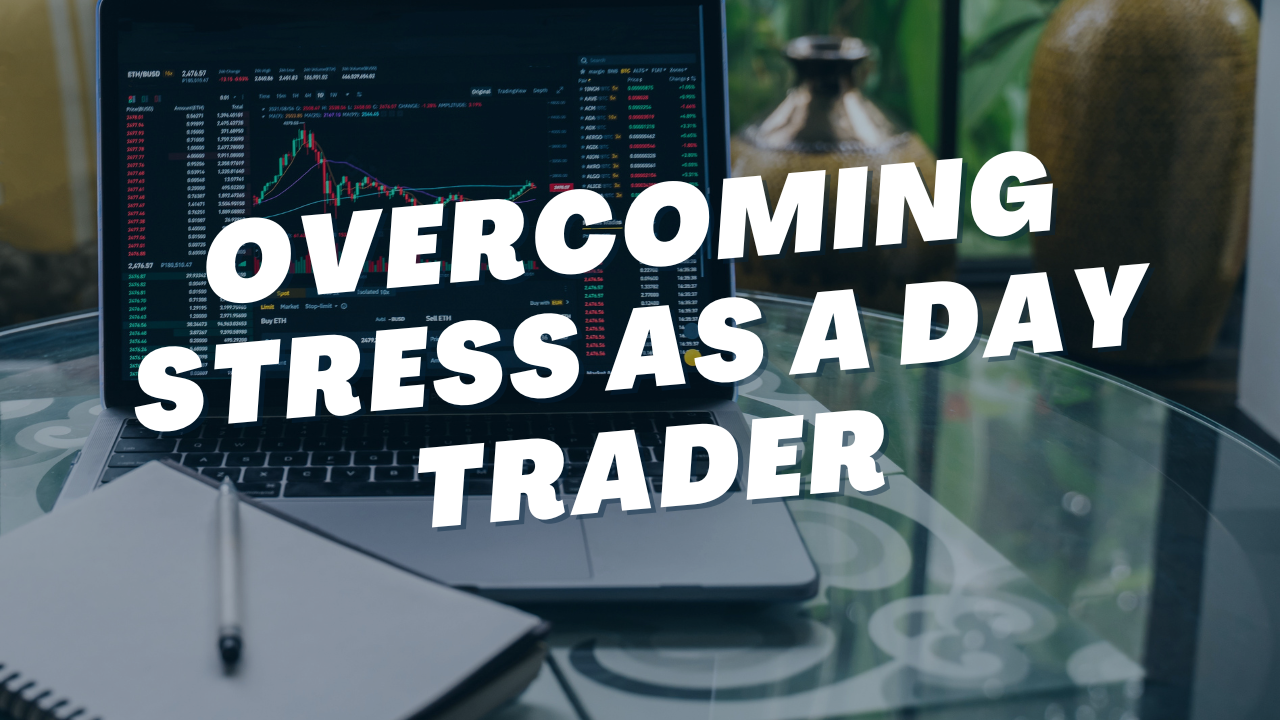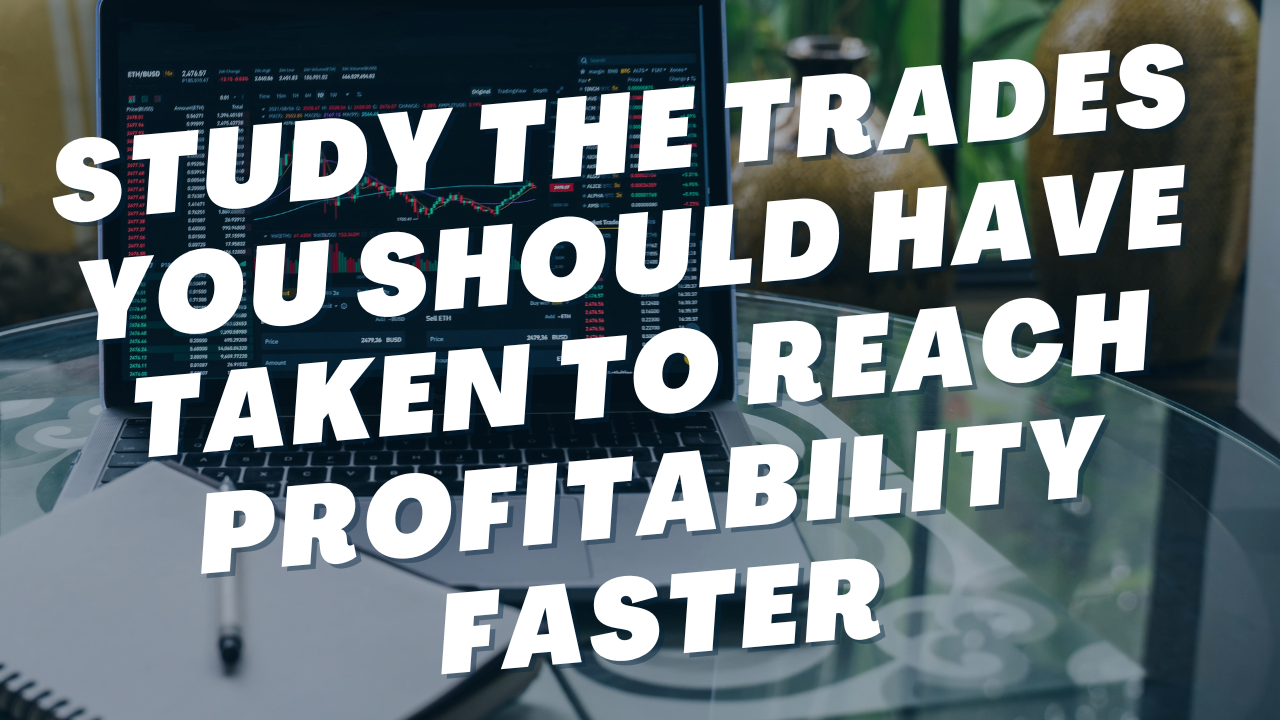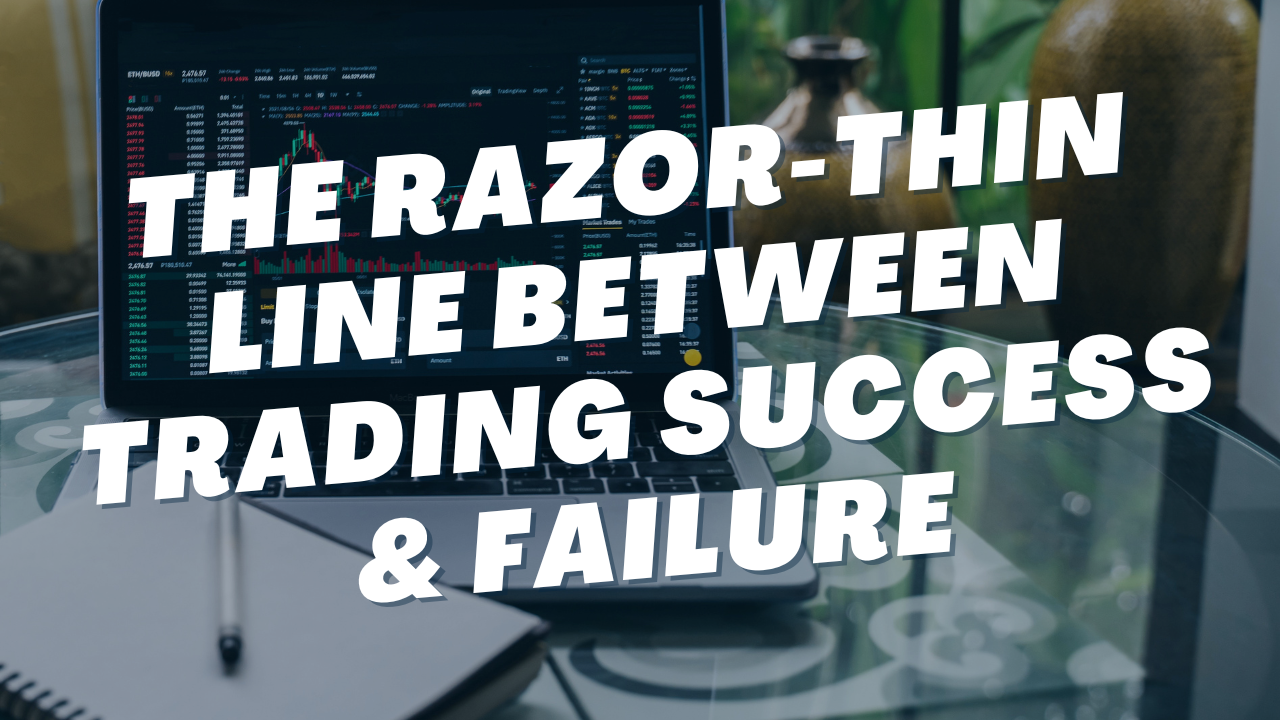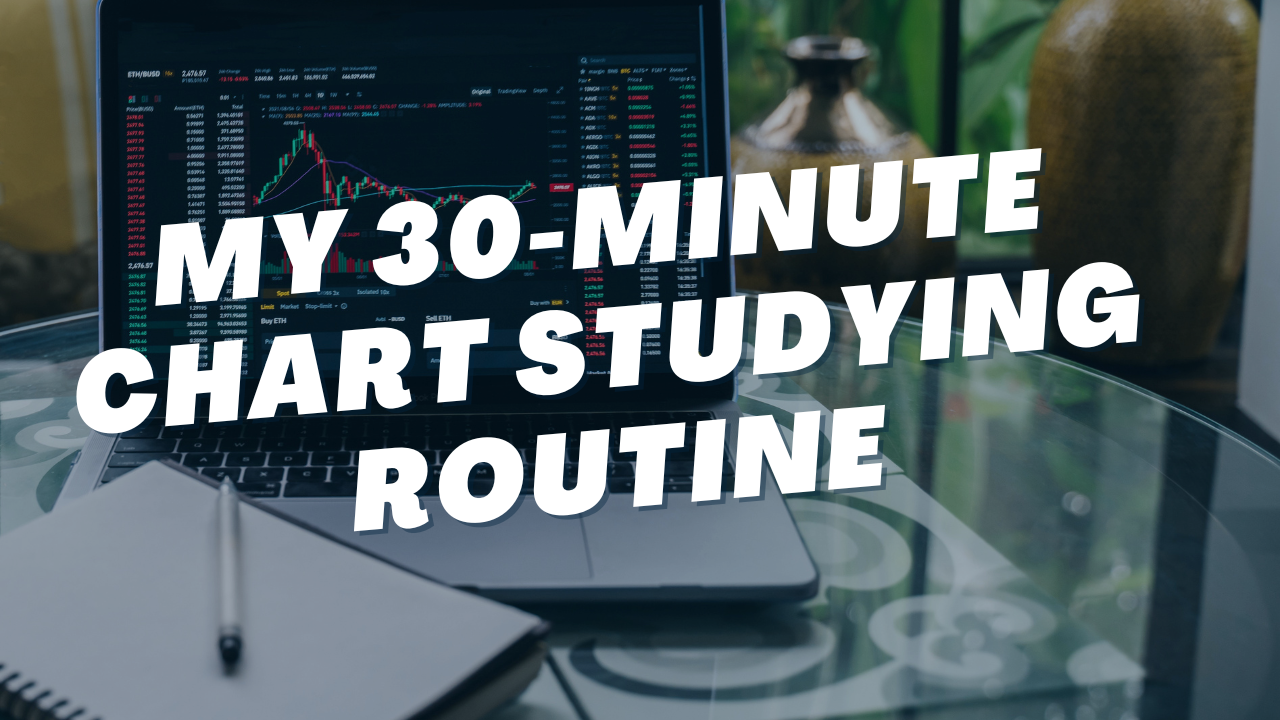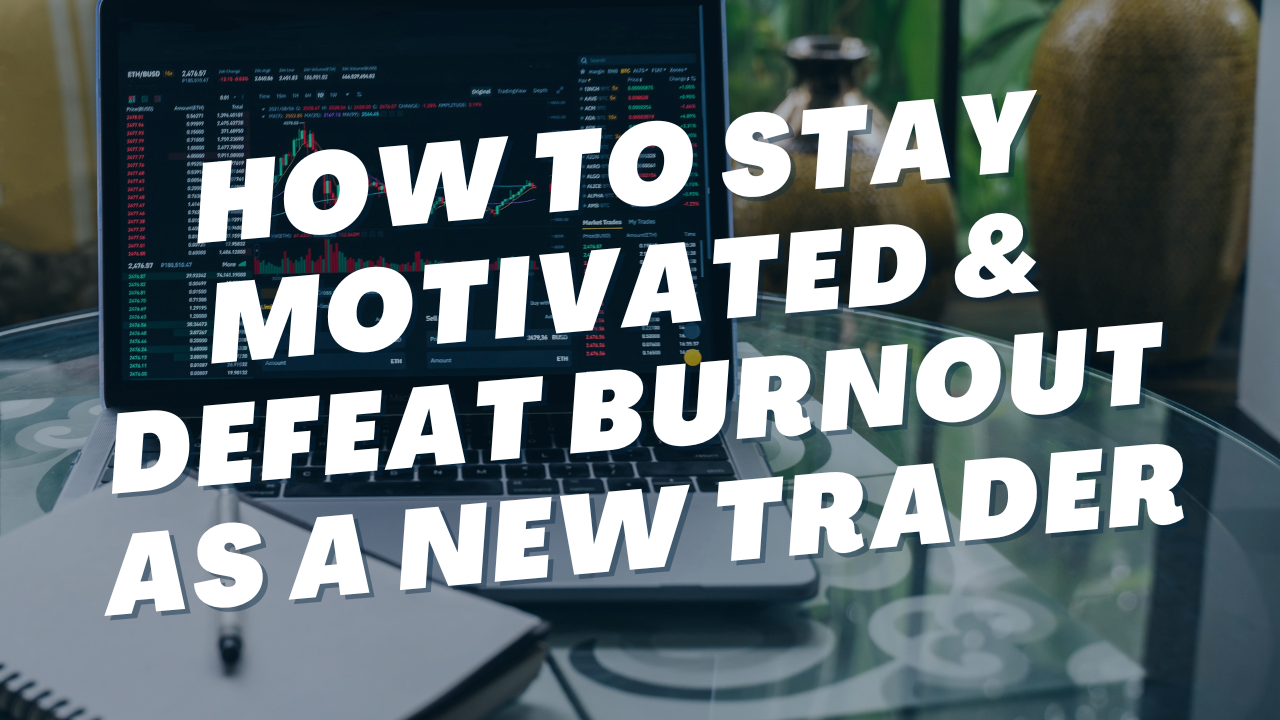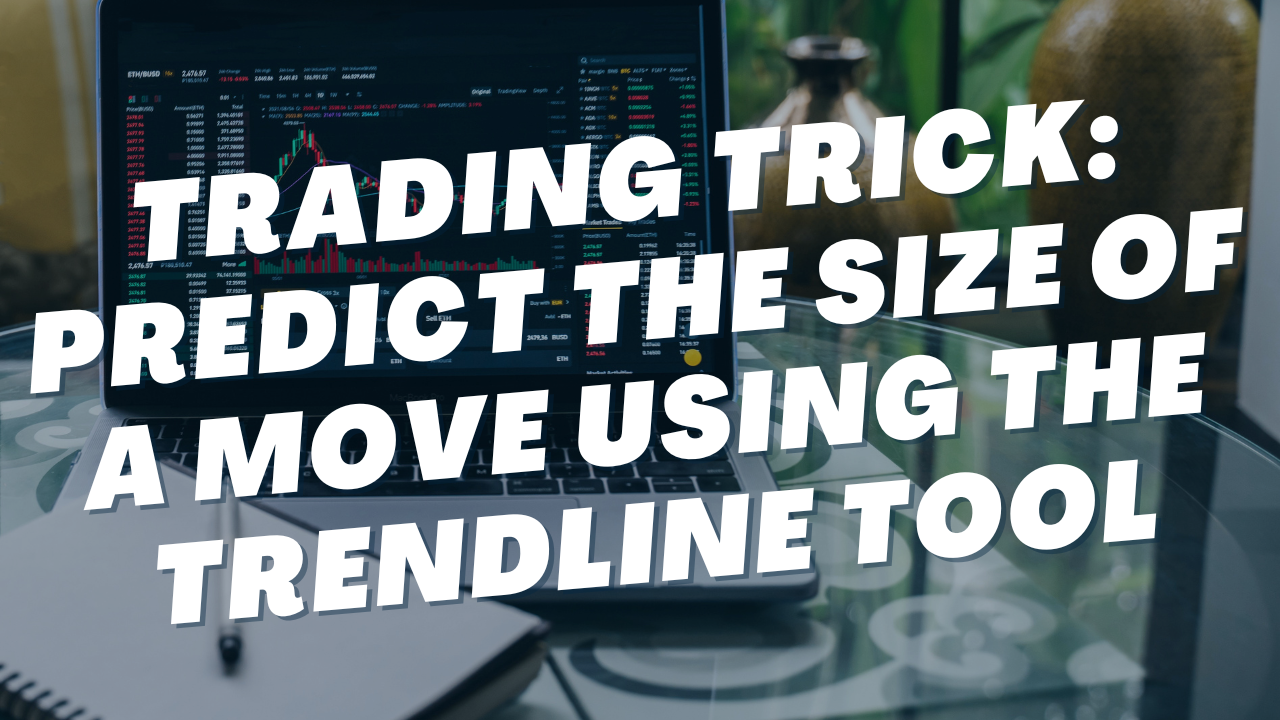10 Things I Wish I Knew When I Started Day Trading
Read Time: 5 Minutes
As we approach the end of the year, it feels like the perfect time to pause and reflect on my first year of day trading. It's been a journey filled with exhilarating wins and frustrating setbacks, a period of intense learning and personal growth. Looking back, I can't help but think about how different the reality of day trading has been compared to what I initially envisioned it would be.
I never could have imagined all of the challenges that I would face. I thought that success would come down to mastering technical analysis, but I learned that success has way more to do with mastering your emotions.
I'm grateful for everything I've learned and all the challenges I've faced, but there's a lot I wish I had known from the start.
In this week's newsletter, I'll share the 10 things I wish I had known when I started day trading. In doing so, I hope I can make your path to profitability a bit easier and I hope I can mentally prepare you for some of the challenges that you will need to overcome.
1. Don't Expect to Succeed Quickly
Understand that day trading is a skill developed over time, not overnight. The market is unpredictable, and learning its nuances takes patience and persistence. Expecting quick success can lead to undue pressure, bad habits, and a loss of confidence - all of which will make it even harder to succeed.
2. Mastering Your Emotions Will Be Your Greatest Challenge
This one caught me by surprise because I thought I had my emotions under control. I thought the emotional side of trading would be a non-issue for me. But then I discovered the nasty effects of fear and greed. Get too fearful and you start to hesitate or exit out of winning trades prematurely. Get too greedy and you start to overtrade, revenge trade, and break your risk management rules.
Then comes the never-ending battle between self-doubt and overconfidence - both of which can be devastatingly destructive in their own unique ways. Learning to master your emotions is a constant battle that requires self-reflection, meditation, and a lot of willpower.
3. Do Not Set Monetary Goals
Focusing on financial targets can create unnecessary stress and lead to risky decision-making. It can also encourage bad habits like revenge trading and overtrading. You'll be much better off if you concentrate on improving your trading strategies and processes. Profits are a byproduct of good trading practices.
4. Trading is a Game of Probabilities
There will be times when you wait for your A+ setup, you execute the trade perfectly, and you still get stopped out. Don't let this discourage you and don't let it keep you from entering that trade next time. When the probabilities are on your side, you must take the trade every time it appears. And remember, with good risk management, you can become a profitable trader with a win rate of just 30-40%.
5. Size Up Slowly
Scaling up your trade size should be a slow and measured process. Even a seemingly small jump, like going from $20 to $40 of risk per trade, can significantly impact your emotional response. Only increase your trade size once you've become consistently profitable at your current risk levels.
6. Track Your Numbers to Find Your Edge
Regularly analyze your trading data to identify what works and what doesn’t. This will not only reveal your best trade setups, but it will also increase your win rate on those setups. For example, you might learn that some setups require wider stop losses than other setups, or you might discover that you should decrease your profit targets during certain times of the day. The key is to document your numbers and then spend a few hours each month hunting for insights.
7. Journal Your Trades
When journaling your trades, it's important to analyze your mistakes, but I'd argue that it's even more important to study your winning trades and the profitable trades that you should have taken. By doing this, you'll train your brain to identify great setups before they happen.
8. Create a Set of Trading Rules and Stick to Them
Your trading rules serve as your map and compass. They tell you how to prepare for the trading day, they tell you when to trade and what setups to focus on, and they tell you how much to risk and when to take profits. But most of all, your trading rules are there to keep your emotions in check. If there's one thing I wish I had known about trading rules it is this: Never ever break (or even bend) one of your rules because even the smallest rule break has a funny way of spiraling into a habit of rule breaks.
9. Limit Your Trading Time
Trade during the same 2-3 hour window every day and then go do something else. Staring at the charts all day will lead to burnout, overtrading, strategy hopping, and many other bad habits that will slowly drain your account balance.
10. Learn to Be OK With Not Trading
Remember that you're going to miss out on a lot of good trades, but there will always be more opportunities tomorrow. Commit to trading A+ setups and nothing else. A small number of great trades will always outperform a large number of average trades.
There’s my list. I hope it sheds light on some challenges you might face and helps you prepare for them. But remember, every trader is unique, with their own personality, fears, and desires. This means the challenges we face on our journey to profitability can vary. While I wish these insights could be a straightforward roadmap for you, the truth is, experiencing these challenges firsthand is often the best teacher. So, dive in. Study the charts, make your trades, learn from your mistakes, and start shaping a trading system that works for you.
I’m curious to know your experiences and insights. Connect with me on Twitter (@ericevenstad) and let’s discuss what you would add to this list.
Happy Holidays,
Eric
Join the Day Trading Inner Circle
Follow along as I strive to become a profitable day trader. Every Sunday, I send out an email with my weekly trading stats plus the most important learning resources that I discovered that week. Drop your email in the box below to join the inner circle.
Home Newsletter Signup
Previous Issues of Side Hustle Steroids
